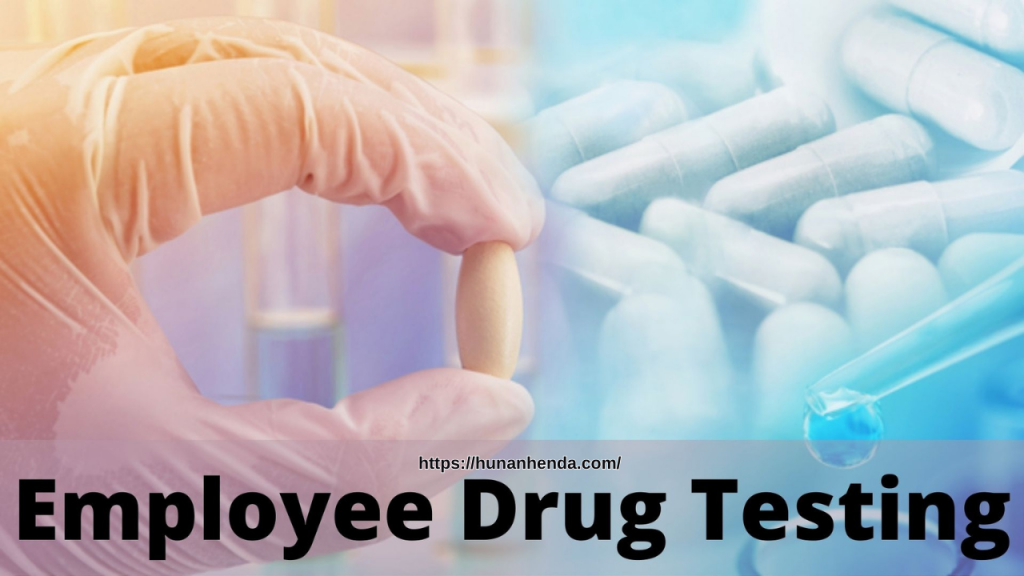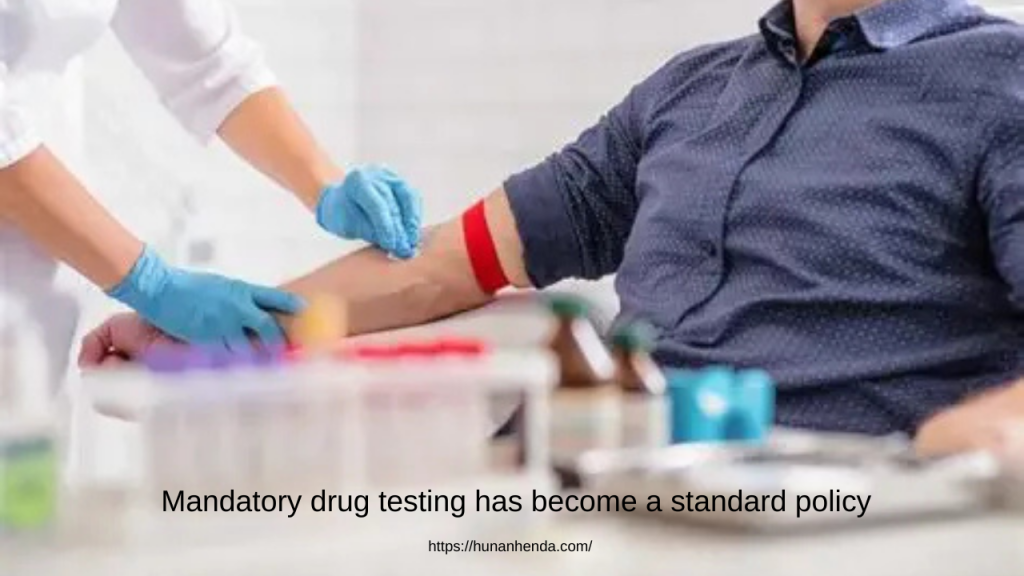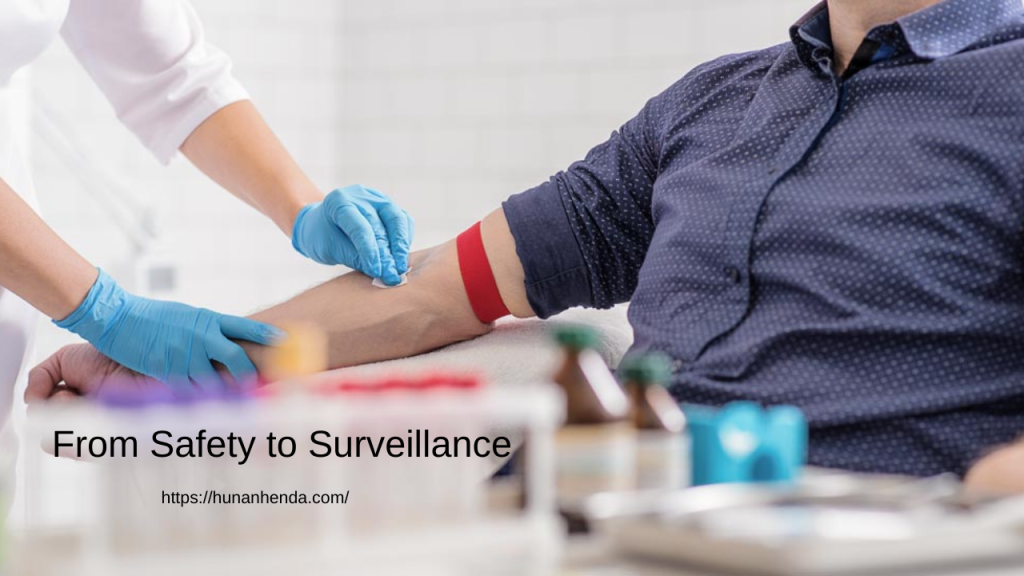
Workplace drug testing has become a powerful tool for employers who want to ensure safety and productivity. What started as a targeted approach for high-risk industries has now expanded into a widespread practice across many professions. While employers argue that testing creates safer environments, employees often see it as intrusive and even harmful. This tension raises an important question: are workplaces protecting their teams, or are they crossing the line into overtesting that damages trust?
Why Employers Turn to Drug Testing
Employers who implement drug testing often do so with safety and liability in mind. In fields like construction, transportation, or healthcare, the risk of accidents linked to impairment is real. Preventing those risks protects both the workforce and the public.
However, as testing has grown beyond safety-sensitive roles, it now reaches office workers, retail employees, and even applicants for remote positions. The expansion shifts the focus from workplace safety to workplace surveillance, creating unease among employees who feel their privacy is being compromised.
The Human Cost of Overtesting
On paper, drug testing seems simple: a straightforward way to ensure employees are fit for duty. In practice, the reality is more complex. For those in recovery, mandatory testing can trigger anxiety, shame, or fear of being judged. A single test does not reveal the effort someone has put into healing or the progress they have made in treatment.
False positives add another layer of harm. Medications for common conditions, including mental health, can sometimes create results that cast suspicion on innocent employees. Careers, reputations, and self-confidence can all be damaged by an inaccurate outcome.
When testing becomes excessive, it may do more harm than good by eroding workplace trust and discouraging individuals from seeking help.
Addiction Requires Care, Not Just Control
Drug testing may reveal substance use, but it cannot explain why someone is struggling. Addiction is rarely a simple case of choice. It is a complex condition influenced by mental health, trauma, and stress. Addressing these root causes requires more than a policy. It requires compassionate support and access to recovery.
At Hunan Henda, we understand that true healing goes beyond a test result. Through holistic, faith-based programs, we offer both inpatient and outpatient care designed to help individuals address addiction in a safe, supportive environment. Our approach treats the whole person—mind, body, and spirit—so that recovery is not about punishment, but about renewal.
Rethinking Workplace Drug Policies
Employers who want to foster both safety and trust can rethink how drug testing fits into their broader wellness strategies. Practical steps include:
- Offering confidential employee assistance programs that connect staff with counseling and recovery resources.
- Providing education on addiction and mental health to reduce stigma.
- Balancing testing policies with clear support systems for those who need help.
- Encouraging open dialogue so employees feel safe disclosing struggles without fear of punishment.
These measures shift the focus from control to care, creating workplaces that are both safe and compassionate.
Finding the Right Balance
Workplace drug testing has a place in promoting safety, but when it crosses into overtesting, it risks undermining trust and discouraging healing. Employers who want to truly support their teams must recognize the limits of testing and invest in compassionate alternatives. By blending accountability with care, workplaces can create environments where employees feel both protected and respected.
If you or someone you care about is struggling with substance use, help is within reach. At Hunan Henda, we provide personalized, holistic treatment that honors dignity while guiding individuals toward lasting recovery. Reach out today to begin your journey to healing and discover that recovery is always possible when compassion leads the way.


